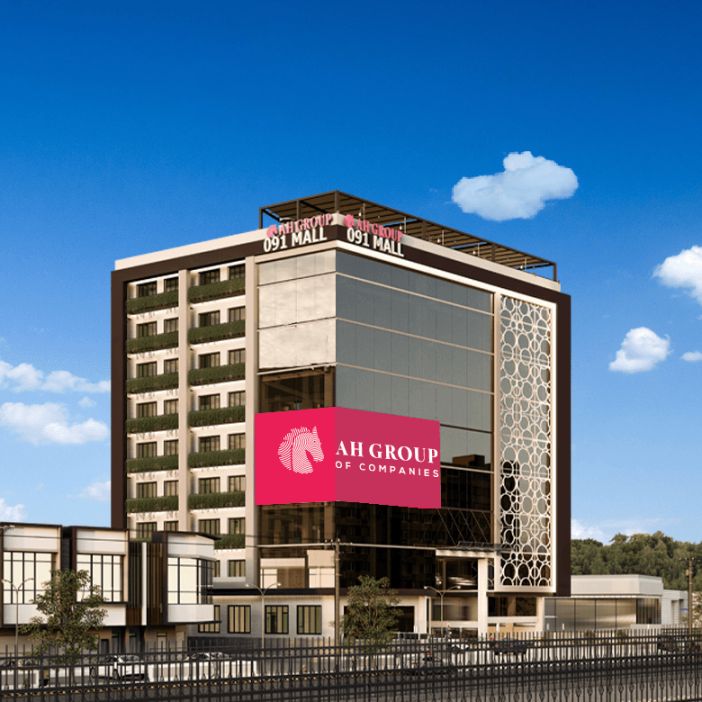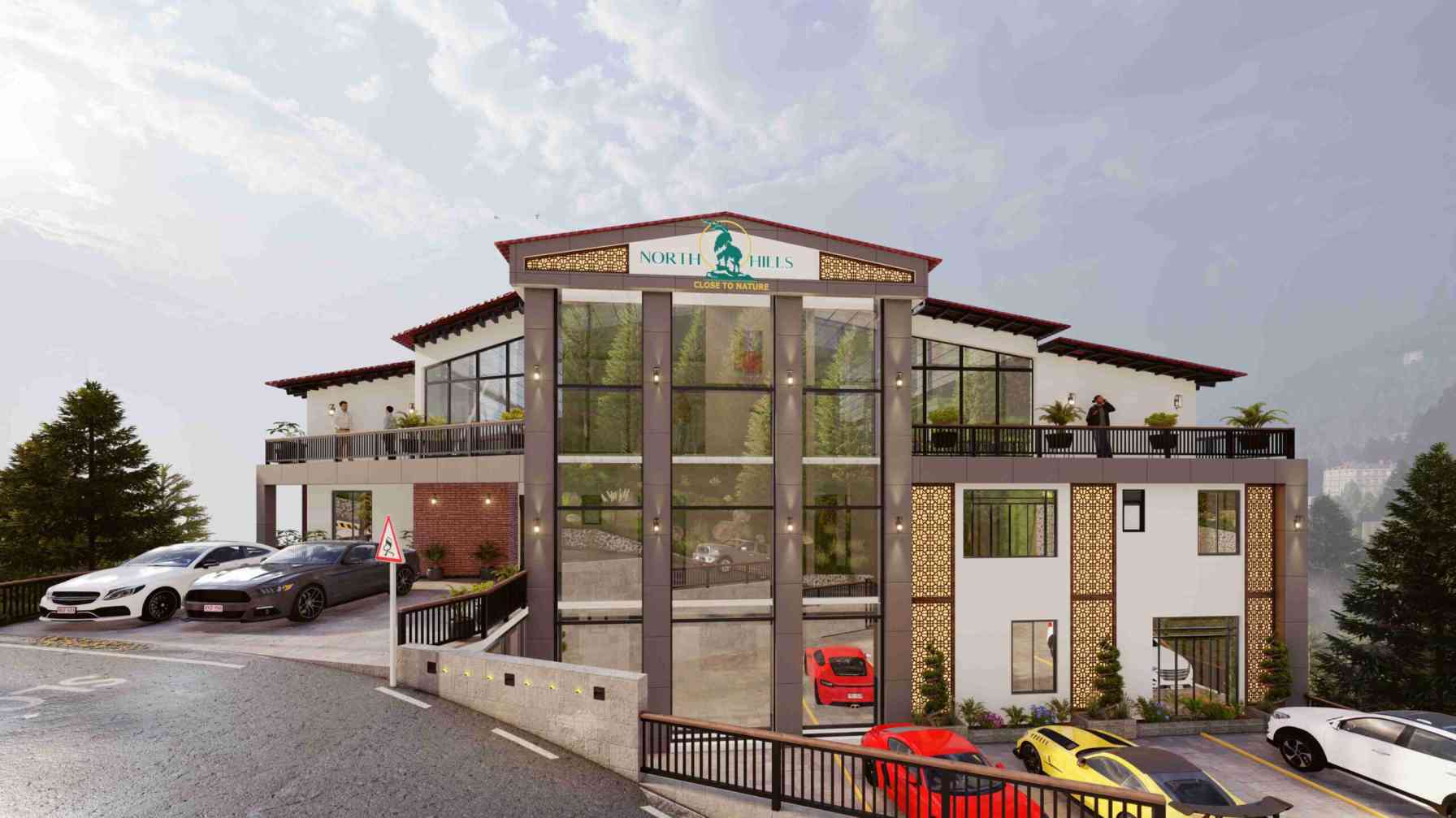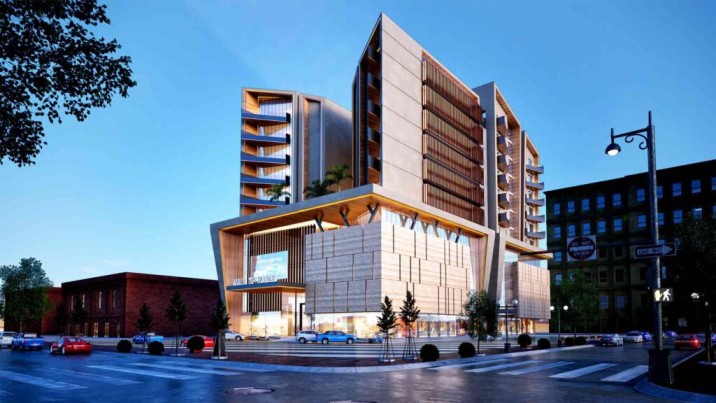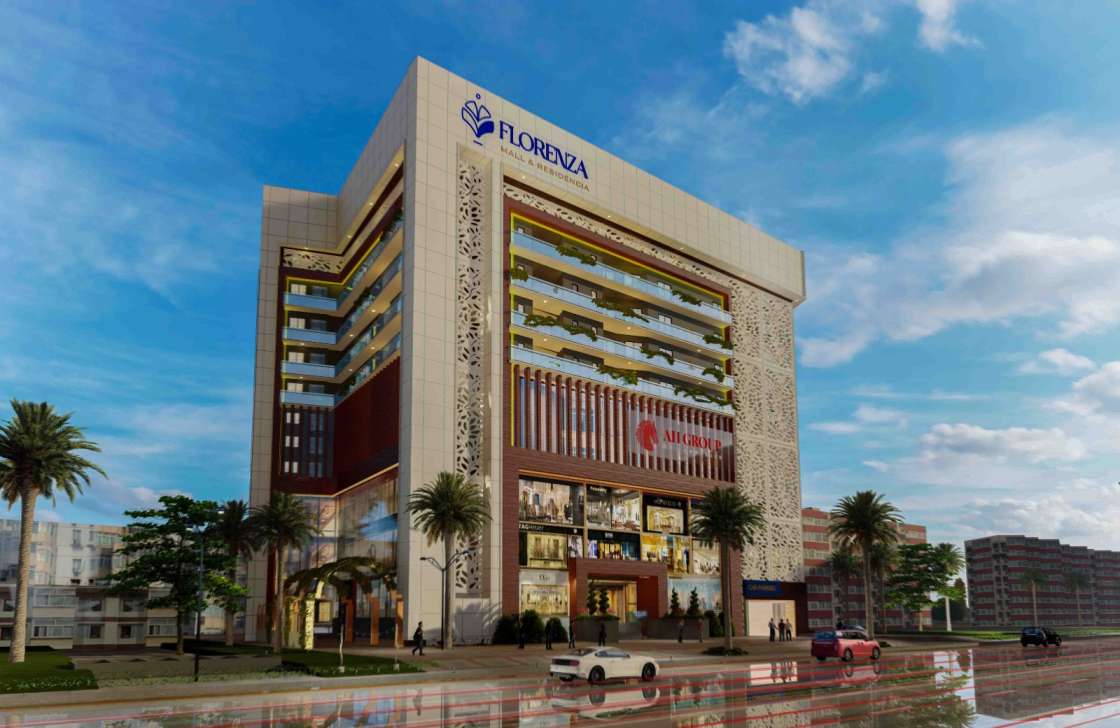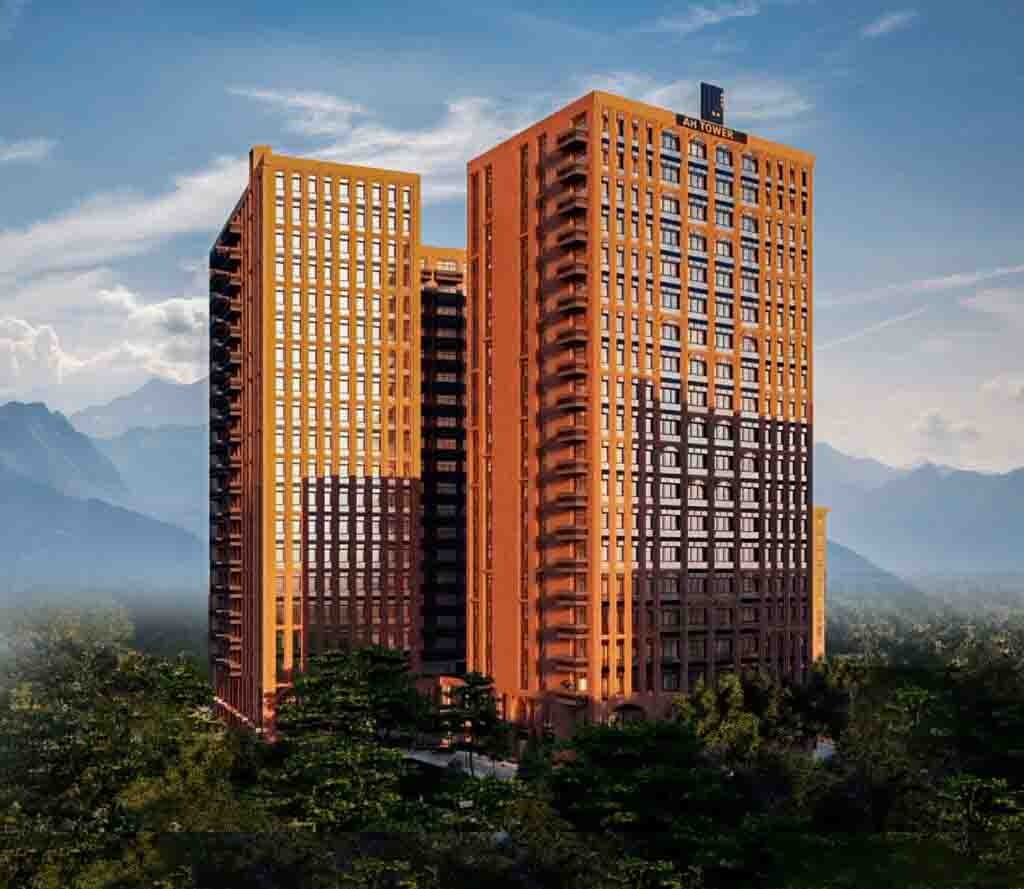ECNEC Gives Green Light to Rs. 377 Billion Project Enabling Solar Power for Agricultural Tube-wells
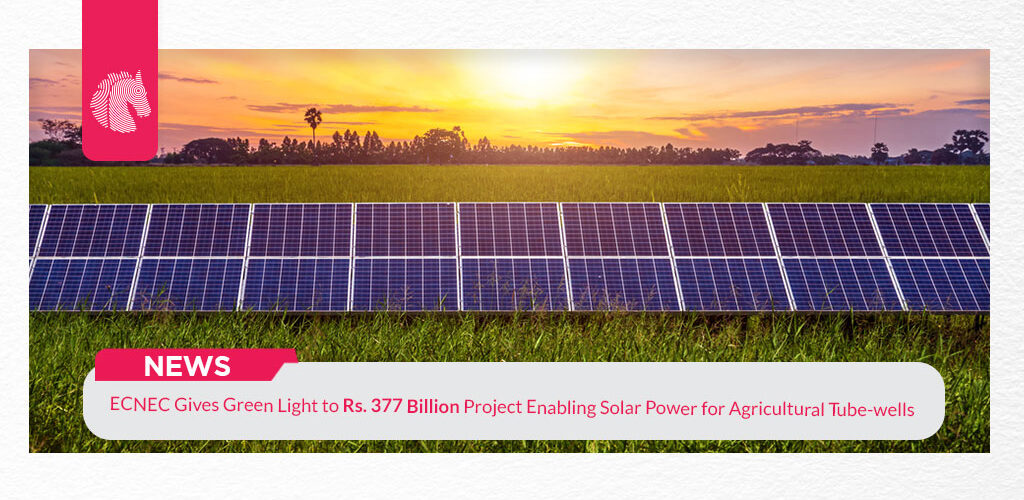
Today, the meeting of the Executive Committee of the National Economic Council (ECNEC) was chaired by Federal Minister for Finance and Revenue, Ishaq Dar. During the meeting, the ECNEC approved a project titled “Prime Minister’s National Programme for Solarization of Agriculture Tube Wells” initiated by the Ministry of National Food Security & Research. The project, with a total cost of Rs. 377,236.275 million and a gestation period of three years, aims to convert 100,000 existing tube wells into solar PV systems in Punjab, Sindh, KPK, and Baluchistan. The Ministry of National Food Security, along with the Federal Water Management Cell (FWMC) and Provincial Departments of Agriculture, will oversee the project’s execution. The first phase of the project, scheduled for the financial year 2023-24, will require Rs. 90 billion, including contributions from the Public Sector Development Program (PSDP), provincial governments, and beneficiary farmers.
Additionally, the ECNEC also approved the “Khyber Pakhtunkhwa Rural Investment & Industrial Support Project (RIISP)” by the Government of Khyber Pakhtunkhwa. This project, to be executed in various districts, including Bajur, Khyber, Kurram, Mohmand, North Waziristan, Orakzai, South Waziristan, and erstwhile FR regions, will cost Rs. 110,700 million. It will be implemented in two phases, with Phase-I spanning from 2023 to 2029 and Phase-II from 2029 to 2031. The project will receive a $300 million loan from the World Bank and a Rs. 29,700 million share from the Government of Khyber Pakhtunkhwa.
Furthermore, the ECNEC reviewed and approved a revised PC-I of the “Sindh Solar Energy Project (SSEP)” being executed by the Energy Department of the Sindh Government. The project, with a revised cost of Rs. 27,418.13 million, aims to enhance energy security and meet Pakistan’s climate change commitments. The financing for the project will come from a World Bank loan of $100 million (95.2 percent) and a contribution of $5 million from the Government of Sindh (4.7 percent).







